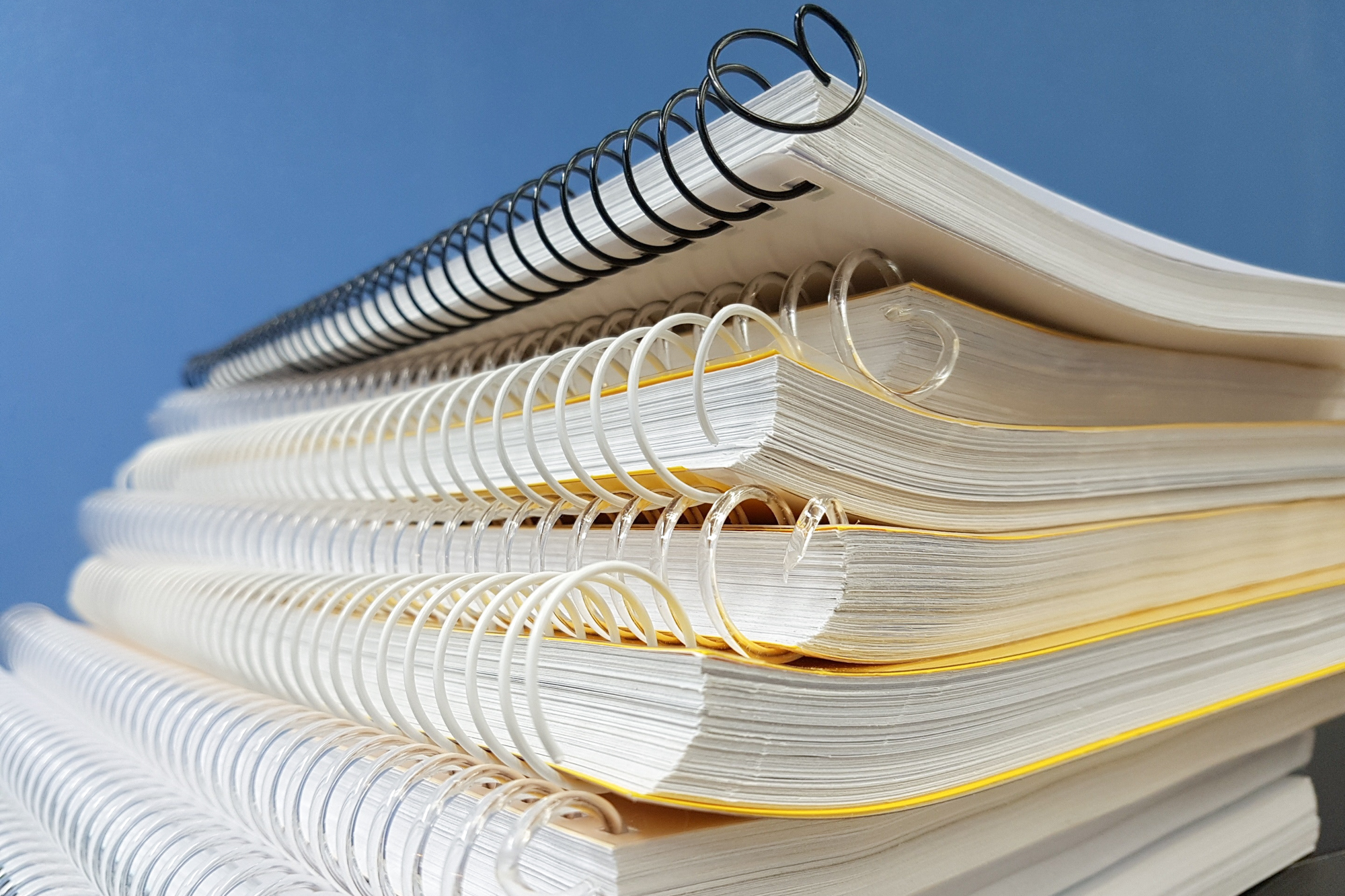Views expressed in opinion columns are the author’s own.
As I flip through the pages of my U.S. history notebook, the contrast between the quality of my notes earlier in the semester versus now is just laughable. Don’t tell my professor, but at this point, they’re starting to look a lot like mysteriously undefinable markings.
Now that’s just me, but I can imagine many students are in similar shape. One thing I can say for sure is my notes at this point in the semester would definitely not qualify as a useful resource for students who utilize this university’s Accessibility and Disability Service.
What does this university do to ensure that by mid-semester, notes that look like mine aren’t being used as part of the ADS’s note taking services? Frankly, not much.
This university’s ADS office has said its work ensures all students receive the accessibility accommodations they need for equal access to academic success. So when students say these systems aren’t working and call for reform, they need to be met with action.
The stories I’ve seen from students on the receiving end of these accommodations show an inconsistency in the effectiveness of the office’s programs. It seems note taking services have been a common point of frustration for many who rely on them.
ADS needs to fulfill its responsibilities in serving students, but not just for the sake of claiming we are an accessible institution.
A large concern for students has been the lack of consistency in the quality of notes throughout the semester. Drawing on my experience as a note taker for ADS, when an ADS student chooses a note taker, the decision is made based on our first set of notes. But I can definitely say it’s hard to keep up with my notes during midterm season without having significant support or incentives to do so. My notes are only fully coherent within the first few weeks of classes. It only goes downhill from there.
However, students utilizing this service are looking for consistent and reliable notes they can depend on as a resource throughout the semester. So, using notes from early on in the semester as a main part of applicant criteria and assuming these notes will look the same for the rest of the semester shows a lack of understanding in how students operate.
Having been a note taker last semester, I often didn’t feel that the job I was doing was important because it seems the office itself isn’t conveying that. It becomes easy to forget there are actual students who are relying on the service. When it seems ADS doesn’t understand the value of the initiative, how will the note takers?
The ADS office needs to invest in its student note takers and provide them with supportive oversight.
For example, in the average three-credit class, note takers are paid approximately $75 for the entire semester. For that small of an amount, I’d assume there are very few students out there who will feel properly incentivized to actually put in extra effort to make sure their notes are of good quality and meet a certain standard.
This low pay is a numerical indicator of how unimportant this initiative is to ADS. For it to not invest much into its note takers conveys the lack of value it places in the program. Ultimately, this just comes across as a half-hearted effort to accomodate students in need.
Aside from increasing their pay, note takers need to be given standardized training that emphasizes the impact their notes have on another student’s academic performance. This is necessary to keep them cognizant of the importance of sending high quality work. Furthermore, it can include information on note taking skills and techniques that can be most accessible. These trainings will convey to note takers the importance of their jobs while also ensuring they fulfill their responsibility.
Finally, the office must appoint a tier of students whose role will be to solely check over notes for quality and consistency. If not with every submission, there should at least be a review once every few weeks.
This should be followed up with periodic check-ins, with both note takers and note receivers, allowing both to obtain feedback on the effectiveness of the notes being provided. Just having some oversight will help facilitate the process and help keep note takers accountable throughout the semester.
The ADS office can’t achieve accessibility by merely handing off the problem to other students. Student note takers are only one part of the accommodation equation — and they need to be invested in.
Imaan Shikoh is a sophomore public policy major. She can be reached at ishikoh@terpmail.umd.edu.



